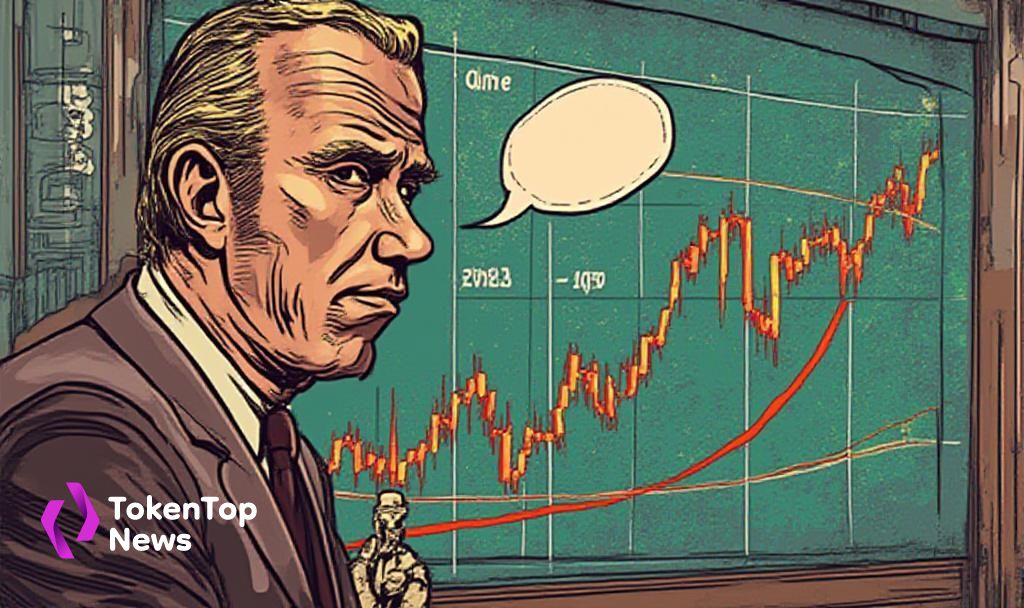Basel Medical Group Pauses Bitcoin Acquisition Amid US Regulatory Uncertainty
- Main event caused a pause affecting global and corporate sentiment.
- Acquisition pause reflects regulatory clarity concerns.
- Market watchers await policy updates impacting institutional Bitcoin BTC +3.07% flow.

Basel Medical Group’s pause in Bitcoin acquisition underscores global corporate caution amidst unclear US regulations. The decision reflects broader trends of prioritizing compliance over speculative gains in institutional crypto adoption.
Basel Medical Group Ltd, headquartered in Singapore and publicly listed on Nasdaq, announced the pause. Regulatory uncertainties in the US prompted this action, mutually agreed upon by Basel and the consortium of Bitcoin holders.
“After thorough discussions, Basel and the consortium of Bitcoin (BTC) holders have mutually agreed to pause the acquisition of digital asset. This decision reflects the ongoing regulatory review of digital assets by US authorities and the current lack of clarity on how forthcoming policies may impact the transaction. Given these uncertainties, both parties believe it is prudent to defer the deal until there is greater regulatory certainty…” – Source
The involvement of Basel Medical Group, specializing in healthcare services, highlights corporate caution during uncertain regulatory environments. No individual leadership statements accompany the decision, relying instead on official communications.
Global industries may observe a temporary cooling in corporate Bitcoin adoption. This pause impacts perceived institutional flows, yet BTC remains the focus, with no effects on other tokens such as ETH or DeFi assets.
This decision, while unique, aligns with historical patterns where corporations delay digital asset transactions amid regulatory reviews. Uncertainty from US authorities like the SEC and CFTC looms, influencing market sentiment, though no formal statements have been issued yet.
Observing the pause in Basel’s Bitcoin acquisition strategy may shed light on future regulatory guidance, industry sentiments, and technological impacts. Historical precedence suggests temporary cooling rather than long-term declines, but corporate vigilance remains key.




